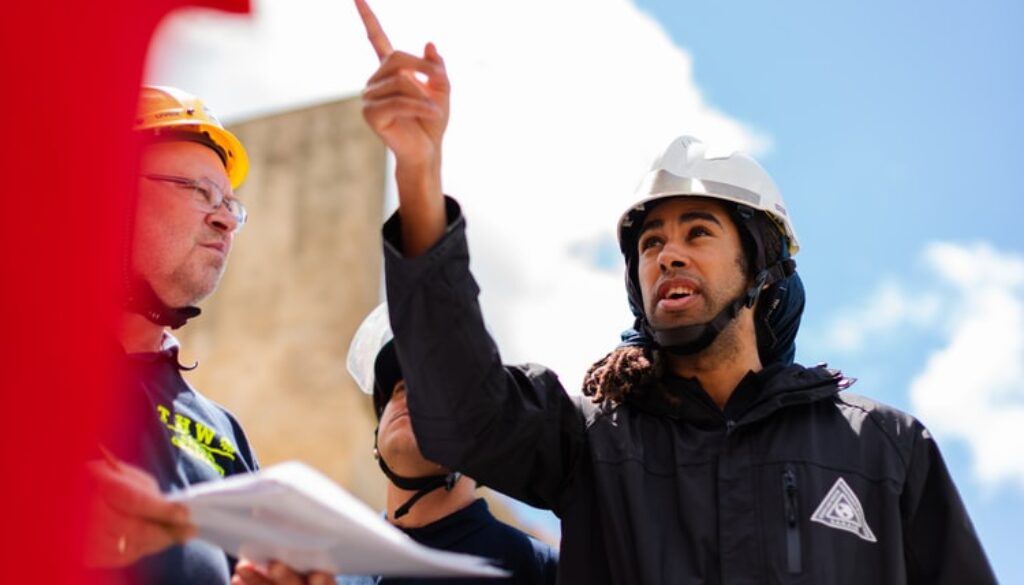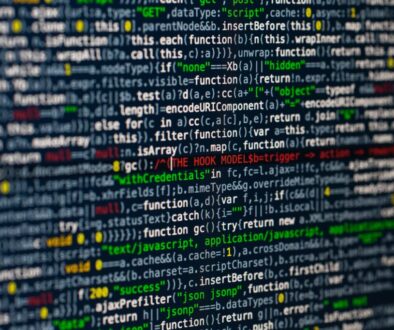Industrial Control Panels
Machines and industrial equipment require a defined function and orderly control in order to reach their different process goals. These functions are performed by electrical control panels within manufacturing equipment. Understanding their importance is crucial for the industry.
All You Need to Know About ELECTRICAL CONTROL PANELS
An electrical control panel, in its simplest form, is a collection of electrical devices that use electricity to control various functions of machinery or equipment. There are two major types of electrical control panels: the panel structure and the electrical components.
PANEL STRUCTURE – ELECTRICAL CONTROL PANELS:
An electrical control panel’s structure is composed of both an enclosure and a back panel. It is similar to an office or home breaker box.
Attachments
An enclosure is a box made from metal that can vary in size. It is usually made of stainless steel or aluminum. In most industrial applications, the size of an enclosure is determined by how many doors it has (usually one or more). An enclosure will have a UL safety rating (typically 508A), an IP rating, or a NEMA classification. These listings allow users to determine properties such as:
- Indoor/outdoor use
- Waterproof/water resistant
- Proofing of dust/solid contaminants
- Rating for hazardous conditions
- Explosion-proof rating
For easy identification and reference, the various classifications should all be printed on a metal plat and attached to an enclosure.
Back Panels
The back panel is a sheet of metal that is mounted inside the enclosure. It provides support for wiring ducts and DIN rail mounting. DIN metal rails are standardized in size and can be used to mount electrical devices. The wiring ducts allow for the organization and routing of wires, as well as the control of the electrical noise between the devices within the box.
ELECTRICAL CONTROL PANEL ELECTRICAL COMPONENTS
An electrical panel enclosure contains eight types of components that organize and define the various functions performed by the panel. These components include:
- Main circuit breaker. This is the same as the disconnection of the main electrical panel that leads into a house or office. Most industrial applications require main circuit breakers to handle 120V-480V.
- Surge arrestersThis prevents lightning strikes and utility power surges from damaging electrical components within the panel by overvoltage.
- TransformersTransformers can reduce voltage to 120V depending on the incoming voltage. They also have the ability to step down the voltage to 24V when there is 120V incoming power.
- Terminal blocks: these blocks are used to distribute and organize the wires from different sources to various electrical devices.
- Programmable Logic ControllerIt is basically a CPU that is contained within the control panel. This unit provides monitoring and control for the various mechanical processes. It will contain various inputs as well as outputs for mechanized functions in the production equipment.
- Contactors and relaysThese switches are used to control mechanized functions using commands from the PLC. Relays with smaller sizes control fan and light functions. Contacts are larger relays that control motors and other advanced functions.
- Switches for network connectionsThe communication hub, or network switches, is located on the control panel. It allows communication between the PLC (programmable logic controller) and other network-compatible devices on the production line.
- Human Machine Interface (HMI)These components enable an operator to control or monitor certain functions of the machinery. Common HMIs include joysticks and buttons, switches, keyboards, and video monitors.
DO YOU REQUIRE A CUSTOM ELECTRICAL CONTROL PANEL?
The complexity of the system will determine the design of an electrical control panel. You can design a simple or complex electrical relay system or a PLC system that has multiple PLC networks and IIoT/SCADA integrations. A custom panel design might be required by your company if you have a need to operate more production operations, more uniform control of systems, or a better HMI.
MAINTENANCE OF ELECTRICAL CONTROL PANELS
Electrical control panels need to be maintained. In custom electrical control panels design, it is crucial to facilitate maintenance. These maintenance elements are important:
- Clearly labeled components, wires, and terminals
- Monitoring of various electrical connections
- Control of dust and particulates within the enclosure
- Pest control measures
CUSTOM INDUSTRIAL ELECTRICAL CONTROL PANELS FROM INDUSTRIES
Industrial automation requires the use of electrical control panels. These panels provide monitoring and control at a higher level of machinery to allow manufacturers to plan, organize and achieve their production goals.
Thibstas Industrial has over 15 years of experience in designing and building electrical control panels for industries like:
- Food & Beverage
- Oil & Gas
- Pharmaceutical
- Power generation and power circuit
- Manufacturing
- Fluid handling
- Material handling
APEX LEGENDS ACCOUNTS FOR SALE
Order A PANEL TODAY : VISIT – industrial.thibstas.com




